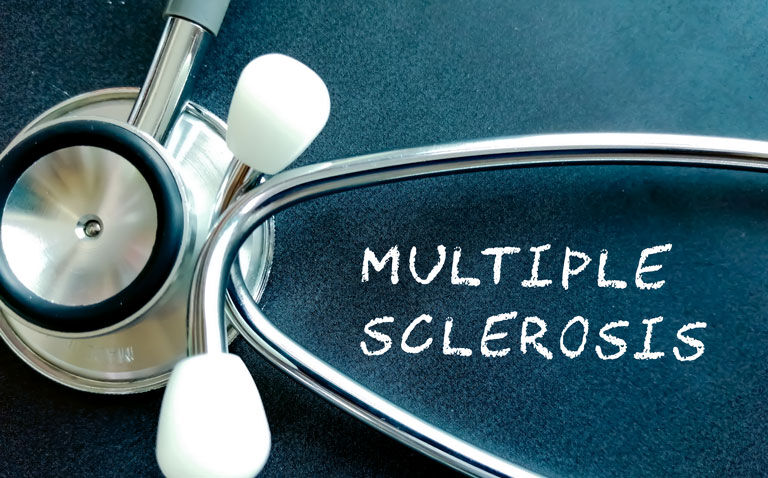Daily glatiramer acetate and either a high or low dose of vitamin D does not reduce the level of confirmed relapse in MS
Multiple sclerosis (MS) affects more than two million people worldwide and is currently incurable. Some evidence shows that high levels of vitamin D reduce the risk of MS. In fact, among MS patients using interferon beta-1b, adding vitamin D reduces disease activity. Despite this, randomised trials of vitamin D in relapsing-remitting MS fail to show an improvement. Nevertheless, these trials only involve interferon beta. Glatiramer acetate reduces the relapse rate in MS and therefore affects disability. Whether addition of vitamin D to glatiramer could reduce the relapse rate in MS is uncertain.
The present study tested if adding vitamin D to glatiramer could reduce disease activity in those with active MS. In a phase 3 RCT, participants had either a high (5000 IU/day) or low (600 IU/day) dose of vitamin D in conjunction with glatiramer. Participants with relapsing-remitting (RR) MS aged 18–50 years and with recent disease activity were eligible to enrol. Participated had an Expanded Disability Status Scale score ≤4.0 and a minimum serum vitamin D level of 15 ng/ml. The primary outcome was the proportion experiencing a confirmed relapse.
Glatiramer acetate and vitamin D and relapses
A total of 172 individuals, 89 receiving high dose vitamin D were enrolled. Participants were followed for 96 weeks.
Confirmed relapse rates did not differ at week 96 (hazard ratio, HR = 1.17, 95% CI 0.67 – 2.05, p = 0.57).
The authors suggested that vitamin D and glatiramer does not reduce the risk of clinical relapse in people with RRMS.










